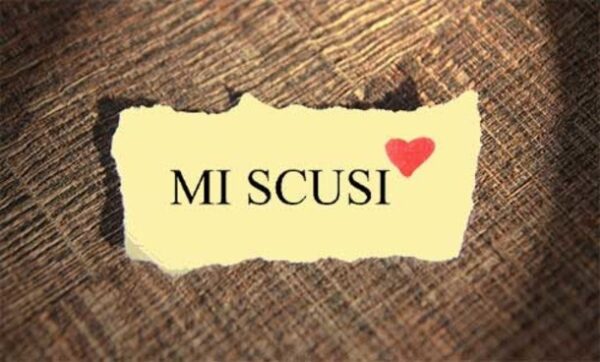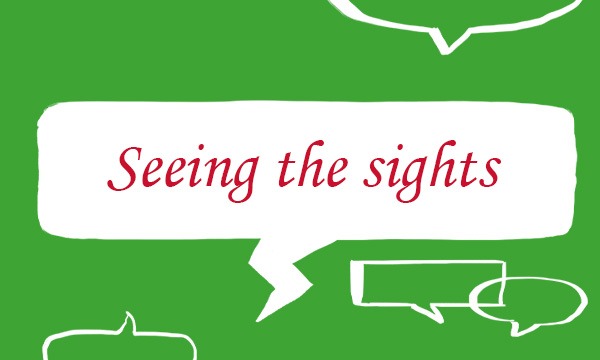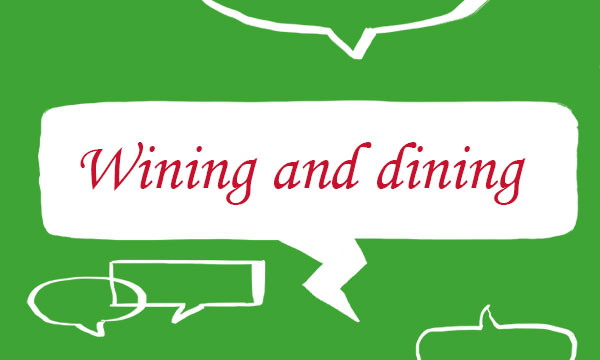Most of us know when we have to say sorry, but when we’re not speaking our own language, it’s important to know how to do it.
In Italian, different circumstances call for different words and expressions for apologizing. The most common way of saying I’m sorry is mi dispiace. You might also say or hear mi scuso or, if speaking to a friend, scusa. More formally, especially if you’ve done something more serious, you can use sono desolato, or sono desolata (if you’re a woman). If you need to get past someone, or if you bump into them, you can also say chiedo scusa (sorry or excuse me). If you mishear someone, the easiest thing to say is scusa? (sorry?) or scusi? if you need to be more formal.
Sono veramente desolato!
I’m really sorry!
If someone apologizes to you or tells you they’ve accidentally done something, you can reassure them by saying non fa niente or non importa (it doesn’t matter). You could also say nessun problema (no problem) or non preoccuparti or non si preoccupi (don’t worry). For greater emphasis, you can use figurati (don’t mention it) with friends, and s’immagini or si figuri in the formal form.
Mi dispiace di non averti richiamata prima.
I’m sorry that I didn’t call you back sooner.
Mi scuso del ritardo. – Non importa.
I’m sorry I’m late. – It doesn’t matter.
Scusa, è colpa mia. – Non preoccuparti!
Sorry, it’s my fault. – Don’t worry!
Mi dispiace Carla. – Non fa niente, figurati!
I’m sorry, Carla. – Don’t mention it!
As we’ve seen above, the Italian verb scusarsi is often used when apologizing, but it is also the verb we use to attract someone’s attention. In a bar or restaurant, or in any other formal situation, you can say scusi or mi scusi. Use scusa or scusami with somebody you know well or somebody younger.
Scusi!
Excuse me, please!
Mi scusi, signora!
Excuse me!
Scusami!
Excuse me!
Don’t forget to come back for the next blog post to help you continue with the conversation!




collins_dictionary_official
The home of living language. #wotd #wordlovers #collinsdictionary
Read our word of the week definitions and blog posts: